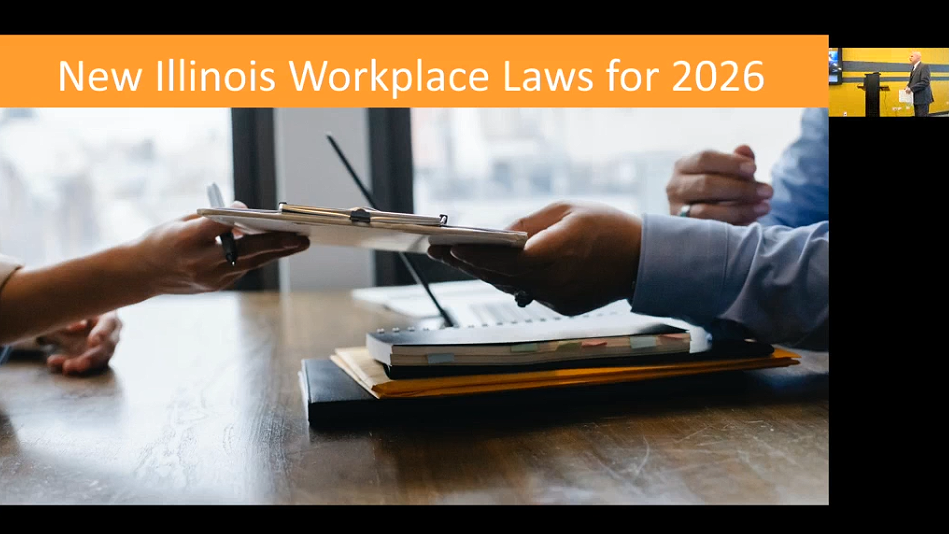Reconciliation of Common Area Maintenance Charges, Taxes, and Insurance: What to Know

In commercial leases, particularly those involving retail or office spaces, tenants typically pay not only base rent but also a share of additional operating expenses. These include Common Area Maintenance (CAM) charges, property taxes, and insurance premiums. The reconciliation of these expenses is a key process that ensures both landlord and tenant are properly accounting for their respective financial responsibilities. Here's an overview of how this reconciliation works and what each party should expect. In addition, below are strategies a tenant may use in order to protect themselves.
What is Reconciliation?
Commercial leases typically require the tenant to make a monthly payment to the landlord for reimbursement of a wide range of operating expenses. The monthly payment, though, is based on an estimate. Reconciliation is the annual process by which the landlord compares the estimated charges collected from the tenant throughout the year with the actual expenses incurred. If the estimates were too low, the tenant owes the landlord the difference; if too high, the landlord may owe the tenant a refund or credit. If tenants are not careful, they may be unfairly overcharged by the landlord. Or alternatively, if the lease is not carefully drafted, a landlord may be unable to pass on costs to the tenant.
Components Subject to Reconciliation
1. Common Area Maintenance (CAM) Charges: These include costs to maintain shared areas of the property, such as:
- Landscaping
- Parking lot maintenance
- Janitorial services for common areas
- Security services
- Repairs to lobbies, elevators, and hallways
2. Real Estate Taxes: These are the landlord’s property taxes, often passed through to tenants based on their pro-rata share of the property.
3. Insurance Premiums: The landlord’s cost to insure the property against risks like fire, vandalism, and liability is typically shared among tenants.
In addition, the parties may also shift risks and move the responsibility for the repair and or replacement of components of the premises. A tenant must guard against a deceptive way of passing on such costs of which are otherwise the responsibility of the landlord.
How the Reconciliation Process Works
1. Estimated Payments Throughout the Year: At the beginning of each lease year, the landlord provides the tenant with a budget estimate of CAM, taxes, and insurance. The tenant then pays monthly installments based on this estimate.
2. End-of-Year Actual Expense Statement: After the calendar or fiscal year ends, the landlord compiles actual expense data. This usually happens within 90 to 120 days after year-end.
3. Issuance of Reconciliation Statement: The landlord issues a reconciliation statement comparing:
- Estimated expenses paid by the tenant
- Actual expenses incurred
- Difference (credit or shortfall)
4. Tenant Review Period: Many leases allow tenants a period (e.g., 30–60 days) to review supporting documentation and, if needed, audit the charges.
5. Payment or Credit:
- If actual expenses exceed estimates, the tenant pays the shortfall.
- If actual expenses are less, the landlord credits or refunds the overpayment.
Tenant Protections and Audit Rights
Most leases include provisions allowing tenants to:
- Request supporting documents (invoices, tax bills, insurance policies)
- Dispute charges within a set time
- Audit the landlord’s books, often at the tenant’s expense unless an error above a certain threshold (e.g., 5%) is found
Best Practices for Reconciliation
For Landlords:
- Provide detailed and transparent reconciliation statements
- Maintain accurate records of all expenses
- Communicate any major cost changes during the year
For Tenants:
- Understand lease terms regarding additional rent
- Track monthly estimated payments
- Review annual statements carefully
- Consider auditing if discrepancies appear significant
Strategies Tenants Can Use to Protect Themselves
To avoid being overcharged or caught off guard by unexpected costs, tenants should consider the following proactive strategies:
- Negotiate Caps on Increases:
Ask for an annual cap (fixed or percentage-based) on increases in CAM charges, especially for controllable costs (e.g., landscaping, maintenance, janitorial services). - Clearly Define Exclusions in the Lease:
Ensure the lease specifies which expenses cannot be passed through to tenants (e.g., landlord’s legal fees, capital improvements, or costs related to other tenants' defaults). - Request Annual Budgets and Timely Reconciliations:
Require that landlords provide detailed annual budgets and reconcile expenses within a set timeframe (e.g., 90–120 days after year-end). - Secure Audit Rights:
Include strong audit rights with access to source documents and specify conditions under which the landlord must pay for audit costs (e.g., if a discrepancy exceeds 3–5%). - Limit Administrative Fees:
Some landlords add administrative or management fees (e.g., 10–15% of CAM). Tenants should negotiate a reasonable cap or seek to exclude them. - Ask for Detailed Breakdowns:
Require that reconciliation statements itemize each category of expense, rather than bundling all costs into a lump sum. - Review Reconciliations Annually:
Even if no discrepancies are suspected, it’s wise to review each year’s statement with a professional, especially if costs rise significantly without explanation. - Push for Pro-Rata Fairness:
Ensure your pro-rata share of expenses is calculated fairly, especially in mixed-use or partially vacant buildings, so you’re not subsidizing non-contributing spaces.
Conclusion
The reconciliation process ensures fairness and accuracy in the financial relationship between landlords and tenants. While it can be complex, especially in large or multi-tenant properties, understanding the process helps both parties avoid disputes and maintain transparency. With clear lease terms and timely communication, reconciliation can be a smooth and predictable part of the lease cycle. However, it is critical that the parties use an attorney who understands this process and that precise language consistent with the economic agreement of the parties.
If you would like more information about the reconciliation process or to schedule an initial consultation with one of our experienced attorneys, contact Ted McGinn at tmcginn@lavellelaw.com or 847-705-7555.
More News & Resources
Lavelle Law News and Events












